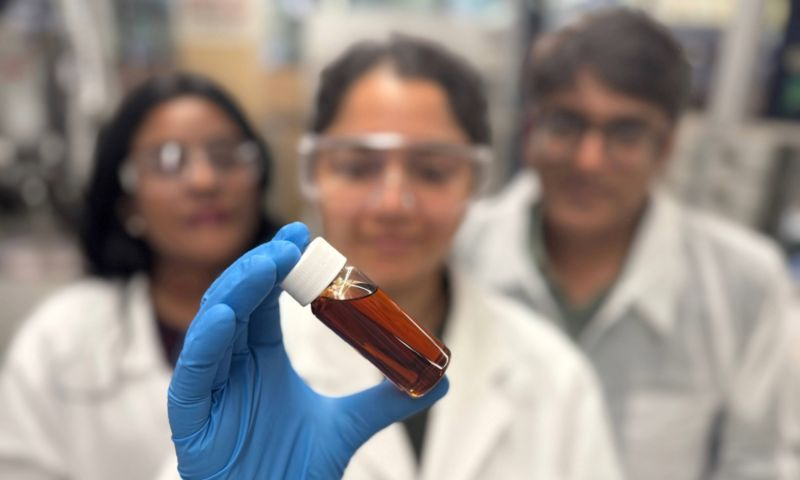Macquarie University: Hitchhikers or health must-haves? Five surprising things about your gut microbes
- Global Research Partnerships
- Apr 16
- 2 min read

Trillions of microbes live in our digestive systems, impacting everything from our immune response to our brain health. Microbiologist Dr Hasinika Gamage explains how you can get better acquainted with your gut microbiome.
Your digestive system, or gut, is home to thousands of microbial species that together form what’s known as the gut microbiome. These microscopic residents aren’t just passive hitchhikers – they play vital roles in keeping you healthy.
Here are five important facts you need to know about your gut microbiome:
1. Your gut is teeming with life
The gut microbiome consists of trillions of microorganisms, primarily bacteria, but also fungi, viruses and other microscopic life forms. Together, they form a complex ecosystem that helps your body function properly.
Internal ecosystem: Trillions of tiny microorganisms form a complex ecosystem in your digestive tract, assisting with everything from nutrient absorption to immune function.
“These microbes and the substances they produce help us digest our food, absorb energy and nutrients, support our immune system and even keep our brain healthy,” says Dr Gamage. “Our diet, lifestyle and overall health play a big role in how our gut microbiome is made up.”
Imbalance or disturbance in the gut microbiome is linked to a variety of health issues, including obesity, diabetes, arthritis, cancer and neurodegenerative diseases.
2. Your gut talks to your brain
There’s a communication pathway between your gut and your brain, often called the gut-brain axis. Information travels via a nerve connection called the vagus nerve and through chemical messengers produced by gut bacteria carried to your brain through the bloodstream.
This two-way communication system explains why stress can upset your stomach and why gut problems might affect your mood or thinking.
“In certain neurodegenerative diseases, such as Machado-Joseph disease, we have observed that microbial changes occur before any symptoms appear ,” says Dr Gamage. “We also know that the extent of the microbiome change is linked to how severe the symptoms are.”
Dr Gamage and her team are researching supplements containing molecules such as butyrate, which is produced when gut microbes digest dietary fibre. This natural substance may help protect brain cells and could even slow down or lessen the impact of brain diseases.
3. Most probiotics don't survive the journey through the stomach



